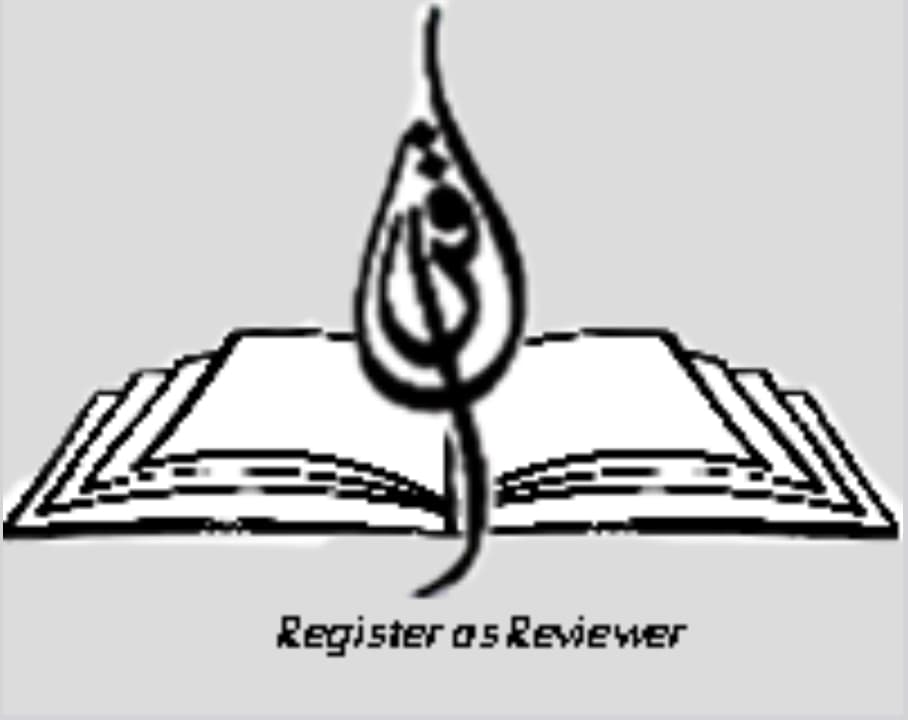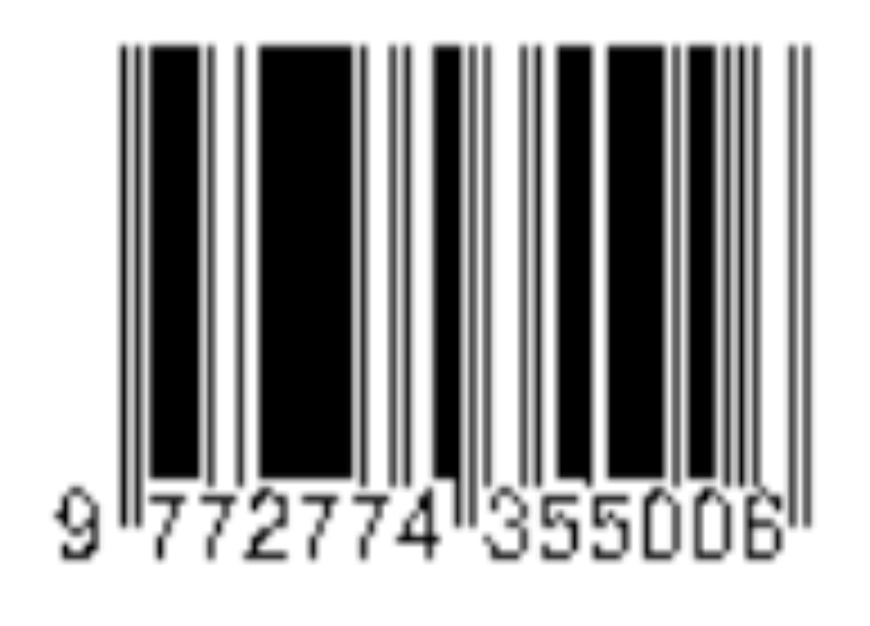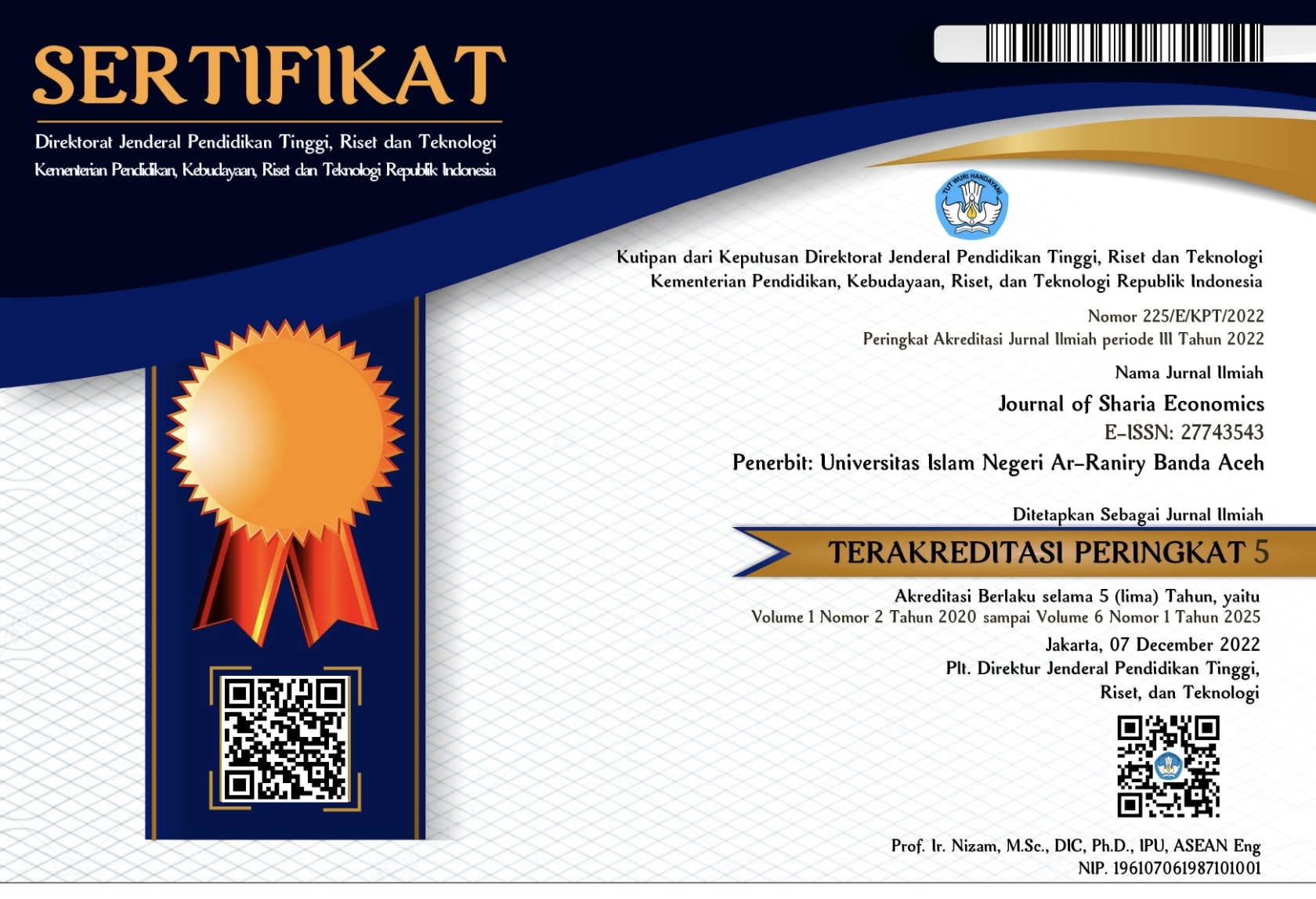Publication Ethics
Publication Ethics
Journal of Sharia Economics is a peer-reviewed journal, available freely online and published twice a year in June and December, consecutively. This statement clarifies the ethical behavior of all parties involved in the act of publishing an article in this journal, including the authors, the Chief Editor, the Editorial Board, the peer-reviewers, and the publisher. This statement is based on COPE’s Best Practice Guidelines for Journal Editors.
Ethical Guideline for Journal Publication
The publication of an article in our journal is an essential building block in the development of a coherent and respected network of knowledge. It is a direct reflection of the quality of the work of the authors and the institutions that support them. Peer-reviewed articles support and embody the scientific method. It is therefore important to agree upon standards of expected ethical behavior for all parties involved in the act of publishing: the author, the journal editor, the peer reviewer, the publisher, and the society.
Publication decisions
The editor of Journal of Sharia Economics is responsible for deciding which of the articles submitted to the journal should be published. The validation of the work in question and its importance to researchers and readers must always drive such decisions. The editors may be guided by the policies of the journal's editorial board and constrained by such legal requirements as shall then be in force regarding libel, copyright infringement, and plagiarism cheque (Turnitin application). The editors may confer with other editors or reviewers in making this decision.
Fair play
An editor at any time evaluates manuscripts for their intellectual content without regard to race, gender, sexual orientation, religious belief, ethnic origin, citizenship, or political philosophy of the authors.
Confidentiality
The editor and any editorial staff must not disclose any information about a submitted manuscript to anyone other than the corresponding author, reviewers, potential reviewers, other editorial advisers, and the publisher, as appropriate.
Disclosure and conflicts of interest
Unpublished materials disclosed in a submitted manuscript must not be used in an editor's own research without the express written consent of the author.
DUTIES OF REVIEWERS
Contribution to Editorial Decisions
Peer review assists the editor in making editorial decisions and through the editorial communications with the author may also assist the author in improving the paper.
Promptness
Any selected referee who feels unqualified to review the research reported in a manuscript or knows that its prompt review will be impossible should notify the editor and excuse himself from the review process.
Confidentiality
Any manuscripts received for review must be treated as confidential documents. They must not be shown to or discussed with others except as authorized by the editor.
Standards of Objectivity
Reviews should be conducted objectively. Personal criticism of the author is inappropriate. Referees should express their views clearly with supporting arguments.
Acknowledgment of Sources
Reviewers should identify relevant published work that has not been cited by the authors. Any statement that an observation, derivation, or argument had been previously reported should be accompanied by the relevant citation. A reviewer should also call to the editor's attention any substantial similarity or overlap between the manuscript under consideration and any other published paper of which they have personal knowledge.
Disclosure and Conflict of Interest
Privileged information or ideas obtained through peer review must be kept confidential and not used for personal advantage. Reviewers should not consider manuscripts in which they have conflicts of interest resulting from competitive, collaborative, or other relationships or connections with any of the authors, companies, or institutions connected to the papers.
DUTIES OF AUTHORS
Reporting standards
Authors of reports of original research should present an accurate account of the work performed as well as an objective discussion of its significance. Underlying data should be represented accurately in the paper. A paper should contain sufficient detail and references to permit others to replicate the work. Fraudulent or knowingly inaccurate statements are unacceptable and constitute unethical behavior.
Originality and Plagiarism
The authors should ensure that they have written entirely original works. If the authors have used the work and/or words of others, it must be appropriately cited or quoted.
Multiple, Redundant, or Concurrent Publication
An author should not in general publish manuscripts describing essentially the same research in more than one journal or primary publication. Submitting the same manuscript to more than one journal concurrently constitutes unethical behavior and is unacceptable.
Acknowledgment of Sources
Proper acknowledgment of the work of others must always be given. Authors should cite publications that have been influential in determining the nature of the reported work.
Authorship of the Paper
Authorship should be limited to those who have made a significant contribution to the conception, design, execution, or interpretation of the reported study. All those who have made significant contributions should be listed as co-authors. Where there are others who have participated in certain substantive aspects of the research project, they should be acknowledged or listed as contributors. The corresponding author should ensure that all appropriate co-authors and no inappropriate co-authors are included on the paper and that all co-authors have seen and approved the final version of the paper and have agreed to its submission for publication.
Disclosure and Conflicts of Interest
All authors should disclose in their manuscript any financial or other substantive conflicts of interest that might be construed to influence the results or interpretation of their manuscript. All sources of financial support for the project should be disclosed.
Fundamental errors in published works
When an author discovers a significant error or inaccuracy in his/her own published work, it is the author’s obligation to promptly notify the journal editor or publisher and cooperate with the editor to retract or correct the paper.
Plagiarism Screening Policy
All manuscripts submitted to the Journal of Sharia Economics undergo plagiarism screening using Turnitin plagiarism detection software. Manuscripts found to contain instances of plagiarism or self-plagiarism will be immediately rejected.
Prior to being sent for peer review, each submission is evaluated by the editorial team to ensure compliance with the journal’s similarity threshold. Only papers with a similarity index below 30% will proceed to the review stage.
Plagiarism is defined as the use of another individual’s ideas, expressions, or wording without appropriate acknowledgment, citation, or permission—presenting such material as one’s own. Plagiarism can manifest in various forms, including but not limited to
- Verbatim Copying: Reproducing another author’s work word-for-word, either in part or in full, without proper citation or acknowledgment. This form of plagiarism can typically be detected by directly comparing the suspected manuscript with the original source.
- Substantial Copying: Copying a significant portion of another author’s work, regardless of whether it is text, data, or figures, without appropriate credit. "Substantial" refers not only to the quantity of copied content but also to its importance in the context of the original work.
- Improper Paraphrasing: Rewriting ideas, phrases, or content from a source into new wording without giving proper attribution. While more difficult to detect, this form of plagiarism is also considered unethical and unacceptable.
Manuscript Withdrawal Policy
The Journal of Sharia Economics strongly discourages the withdrawal of manuscripts once submitted, as it results in the unnecessary expenditure of editorial and peer-review resources.
- During peer review, authors are not permitted to withdraw manuscripts that are under review. Requests for withdrawal during this phase will result in the author and their affiliated institution being blacklisted from submitting to the journal in the future. Such behavior is also considered unethical if done with the intention of submitting the manuscript elsewhere.
- Post-Acceptance: Manuscript withdrawal after acceptance is allowed only under exceptional circumstances and upon fulfillment of specific conditions. Authors must first comply with a withdrawal penalty, which may include submitting a replacement manuscript of comparable quality, as directed by the editors and reviewers. Withdrawn manuscripts will be labeled with a “Retraction” notice.
Failure to adhere to this policy or refusal to comply with the withdrawal penalty will result in the author and their affiliated institution being permanently blacklisted. Additionally, previously published work by the author may be removed from the journal's online platform.
Erratum
An erratum is issued to correct errors that were introduced into the article during the production process by the publisher. Such errors may include typesetting mistakes, formatting issues, or other unintentional alterations that affect the accuracy or clarity of the published work.
During the proofing stage, all publisher-generated changes are presented to the authors for review. Ideally, these errors are identified and corrected before the final version is published. However, if an author identifies a publisher-introduced error post-publication, they are encouraged to promptly contact the journal to facilitate the issuance of an official erratum.
Corrigendum
A corrigendum refers to a correction made by the author(s) of the article after acceptance or publication, typically involving content-related errors such as incorrect data, author affiliations, or omitted acknowledgments.
Authors who become aware of significant errors in their published work should contact the journal editor. The editor will evaluate the significance of the error and determine the most appropriate course of action, which may include publishing a corrigendum to formally amend the original article.
========================================================================================
Copyrights, Permissions, Reprints, and Licensing
The Journal of Sharia Economics applies the Creative Commons Attribution-ShareAlike (CC BY-SA) license, or an equivalent open-access license, as the standard for publishing, distributing, and reusing scholarly content.
Under the CC BY-SA license, users are permitted to share, adapt, and create derivative works, including for commercial purposes, provided that proper attribution is given to the original author(s) and source. Appropriate credit must include citation of the original publication in the Journal of Sharia Economics, enabling users to locate and trace the original work and its author(s).
This license ensures maximum visibility and reuse of published research while maintaining academic integrity. It grants readers the unrestricted right to:
- Access and read the full content of published articles;
- Download and store manuscripts for personal or institutional use;
- Reprint and redistribute the content in any format or medium, including digital and print.
This licensing policy aligns with Journal of Sharia Economics’ commitment to open-access publishing and the global dissemination of scholarly knowledge.












